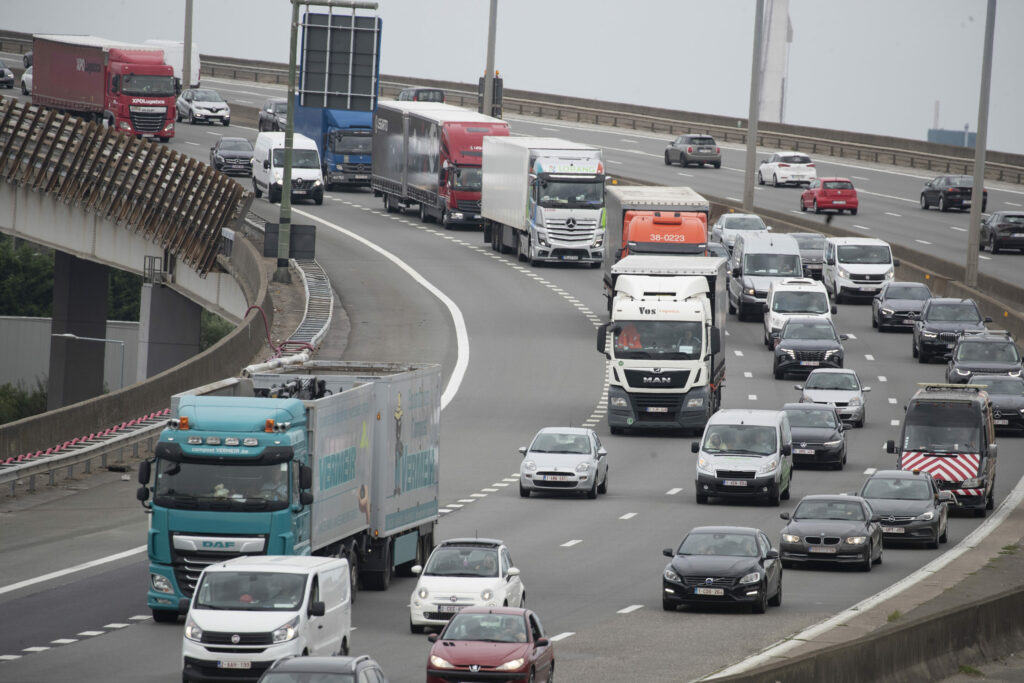Around 12,630 drivers in Belgium tested positive for one or more drugs in 2023, marking a 30% increase from 2019, according to data released by Belgian Road Safety Institute Vias.
Almost 80% of the saliva tests conducted in Belgium were analysed for further information by the National Institute of Forensic Science and Criminology.
The 2023 results indicated that cannabis was the most frequently-detected drug, present in 58% of saliva samples, followed by cocaine (33%), amphetamines (13%), and opiates such as heroin and morphine (2%).
Furthermore, one in six people driving under the influence of drugs tested positive for a combination of drugs (17%). The combination of cannabis and cocaine was found in roughly one in ten drivers (9%), while one in 50 tested positive for three different drugs (2%).
Vias warned that drivers under the influence of multiple substances were five to 30 times more likely to be involved in accidents, depending on the type of drug and the quantity taken. Among all, amphetamines pose the highest accident risk, primarily due to their stimulating effects on the central nervous system.
Consequently, Vias, in its pre-election memorandum, called for systematic drug testing in the event of an accident, reiterating this demand in light of these findings.
Belgian law mandates an immediate court order for drivers caught under the influence. Various penalties can be imposed, including fines of €1,600 to €16,000, driving disqualifications lasting from eight days up to five years, and mandatory medical, psychological, theoretical and practical examinations.

